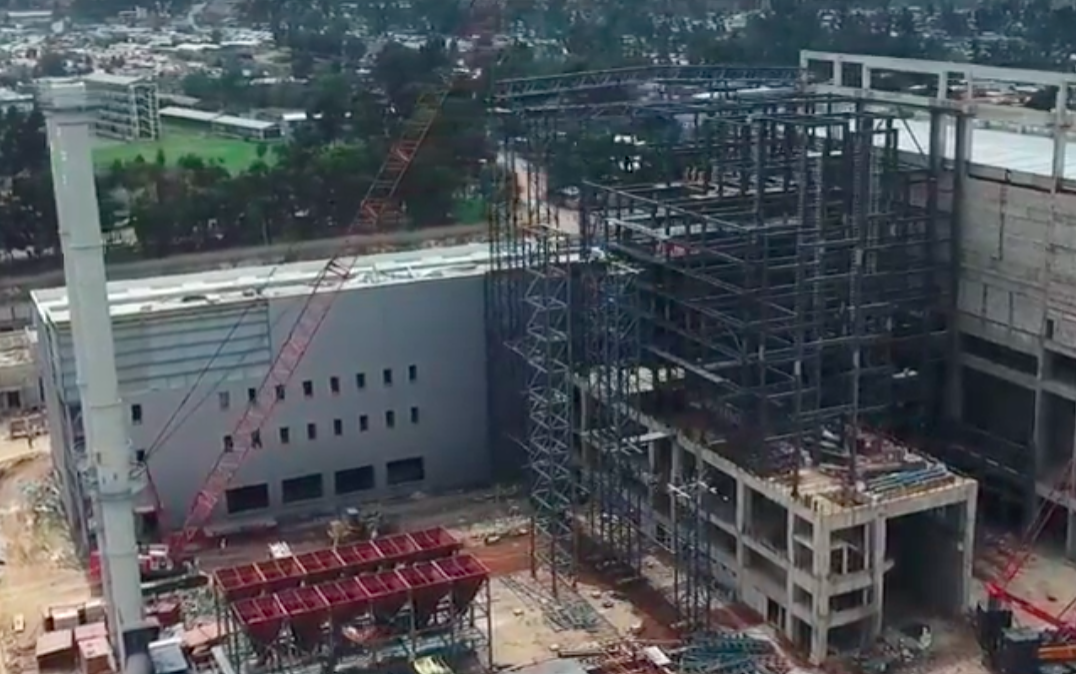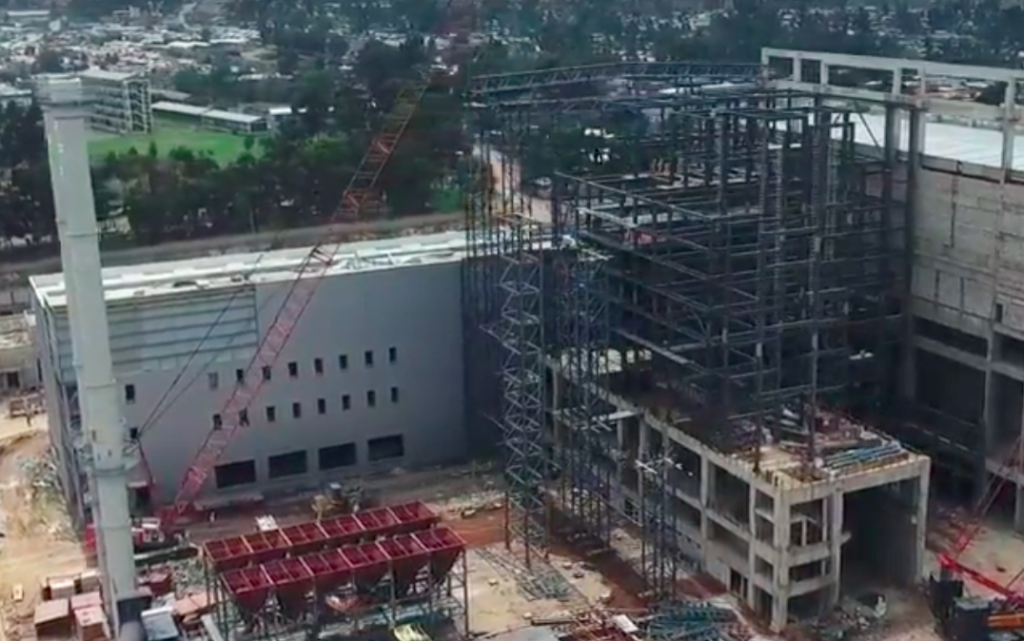Ethiopia’s Koshe dump site covers an estimated 36 hectares, with piles of garbage as deep as 40 meters. It takes in about 4 000 tonnes of organic waste every day, according to the UNDP’s office in Ethiopia. Last year the site had a landslide that killed about 114 people when mounds of garbage collapsed on waste pickers and surrounding settlements.
This incident led to the Reppie project, a US$120 million waste-to-energy plant, right next to the garbage dump. The project is meant to address the country’s waste problem by harvesting energy from 1,4 million kilograms of waste each day. This is about 80% of the waste generated in Ethiopia’s capital, which could then power 30% of the capital’s households.

The Reppie energy plant will achieve this by burning Addis Ababa’s fresh domestic waste to generate heat, which will drive steam turbines to produce an estimated 185 million kilowatt hours of electricity per annum.
At the launch, President Mulatu Teshome said that Ethiopia “has been investing extensively in hydro power, geothermal and wind energy, and now biomass, to boost the manufacturing sector with a supply of clean, renewable energy.”
The project is a partnership between the government of Ethiopia and a consortium of international companies: Cambridge Industries Limited, based in Singapore, China National Electric Engineering and Ramboll, a Danish engineering firm.
“The Reppie project is just one component of Ethiopia’s broader strategy to address pollution and embrace renewable energy across all sectors of the economy,” said Zerubabel Getachew, Ethiopia’s deputy permanent representative to the UN in Nairobi.
“We hope that Reppie will serve as a model for other countries in the region and around the world,” he stressed.
Samuel Alemayehu, managing director for Africa of Cambridge Industries, echoed this sentiment, saying to CNN that he hopes to develop similar waste-to-energy plants in major cities in Africa where landfill is over capacity, such as Lagos, Nairobi and Kampala.
“Having created a facility uniquely for Africa, our goal is to duplicate it in five locations,” he says. “We are targeting cities that are in need of building a new landfill.”
He added: “Our goal is to build this facility and also to create a renewable energy source that competes with fossil fuel-based power plants.”
Waste to energy has multiple benefits: saving land space, generating electricity, preventing the release of toxic chemicals into groundwater and reducing the release of methane into the atmosphere.

